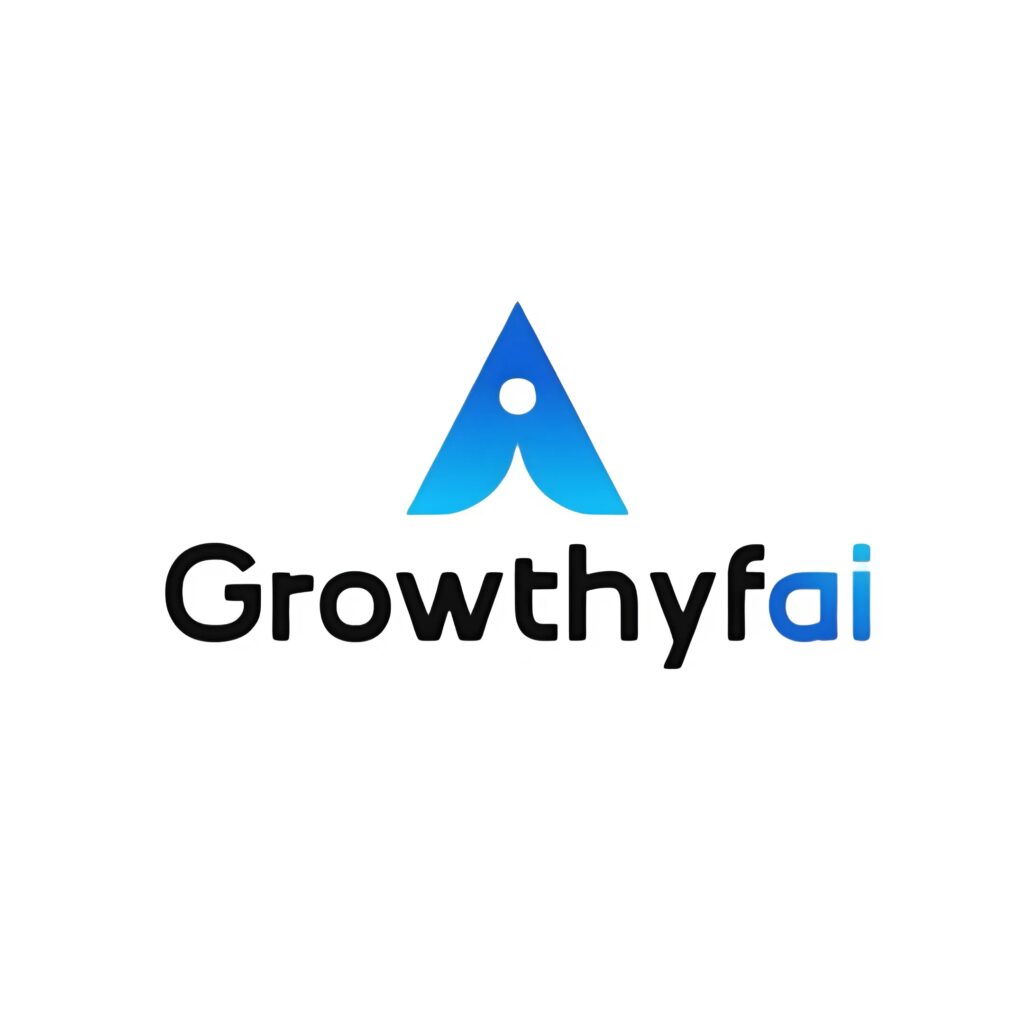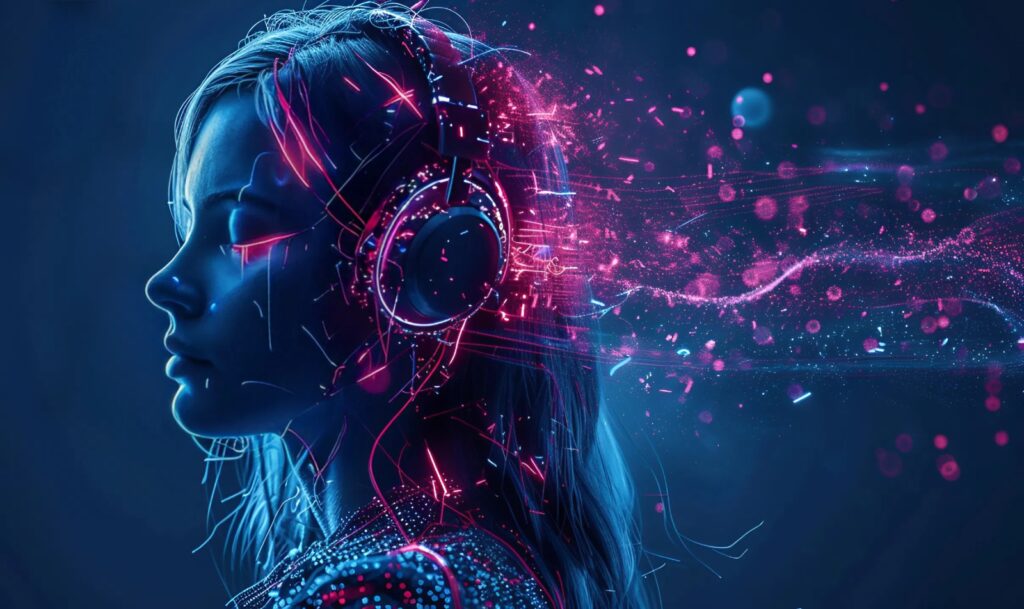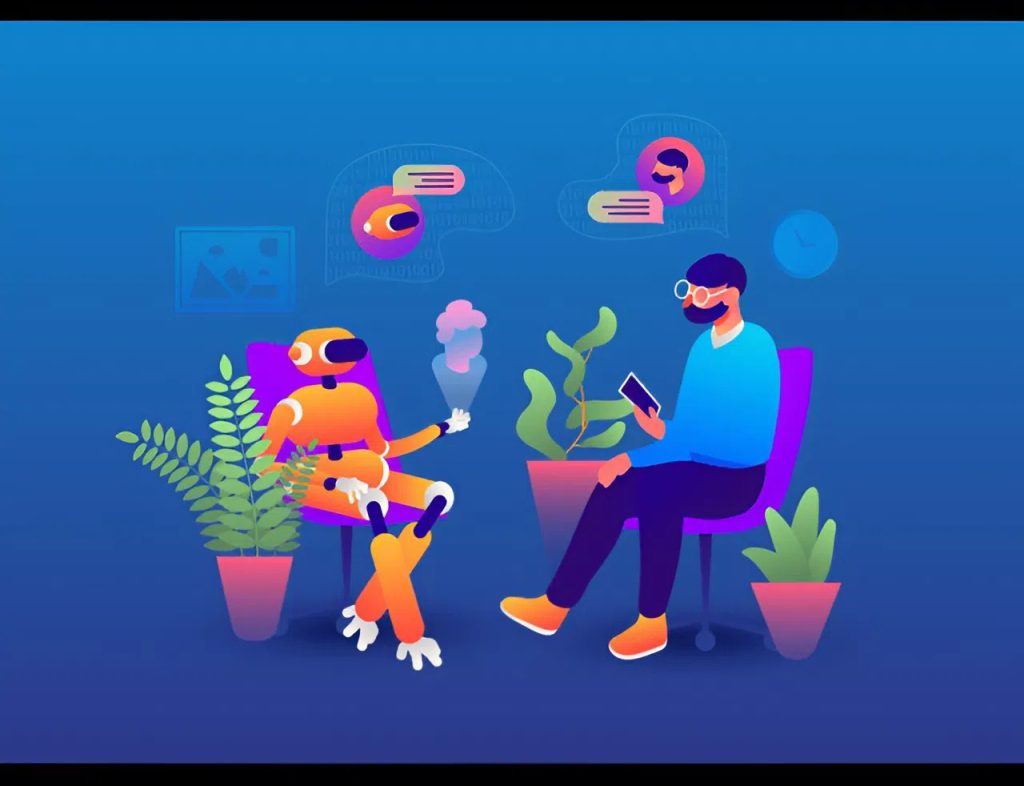AI’s Role in Reshaping Digital Detox Strategies
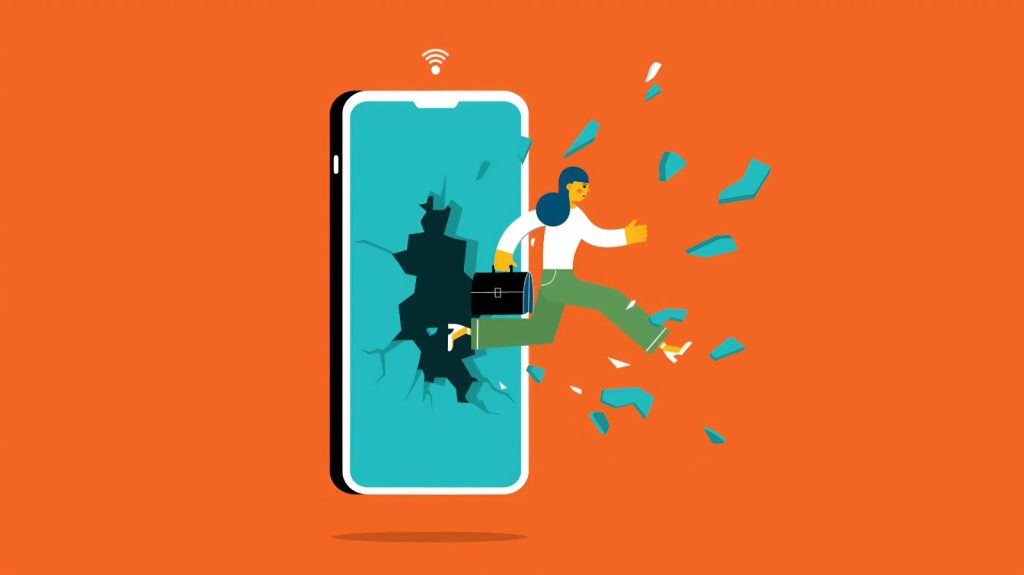
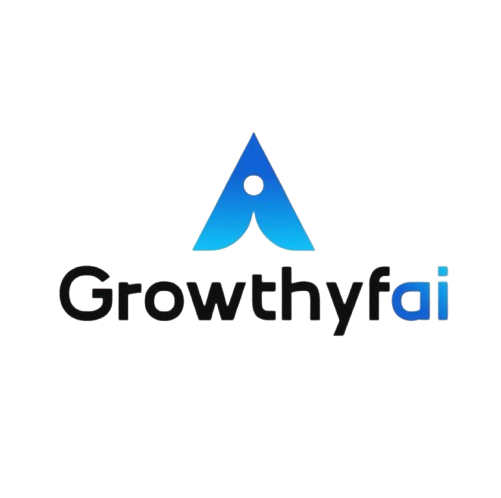
In today’s hyper-connected world, the balance between digital engagement and mental well-being has become increasingly critical. The surge in social media usage, work-from-home trends, and the omnipresence of smartphones have significantly blurred the line between our digital personas and real life. This has called for an essential practice known as digital detoxing, aimed at reducing digital consumption to improve mental health and productivity. Interestingly, the same technology contributing to digital burnout—Artificial Intelligence (AI)—is now playing a transformative role in redefining how we approach digital detox strategies.
Understanding Digital Detox
Digital detox refers to a period during which an individual refrains from using electronic devices like smartphones, computers, and tablets to reduce stress, improve focus, and foster meaningful connections in the real world. Traditionally, this practice might involve spending a weekend away from screens or setting daily restrictions on device usage. However, as technology evolves, so does the concept of digital detox, offering more tailored and effective strategies.
The Rise of AI in Daily Life
Before delving into AI’s influence on digital detox, it is crucial to understand the extent of AI’s integration into our daily lives. From virtual assistants like Siri and Alexa to personalized recommendations on Netflix and Spotify, AI-driven algorithms shape how we interact with digital content every day. These applications are designed to enhance convenience and satisfaction, yet they also contribute to increased screen time and digital dependency.
AI as a Catalyst for Better Digital Detox
AI’s role in digital detox strategies may seem paradoxical at first, but its potential to personalize and optimize user experiences makes it a powerful tool against digital overload.
Personalized Detox Plans: AI excels at data analysis, tracking user habits, and identifying patterns that humans might overlook. This capability allows for the creation of personalized detox plans. For instance, AI can analyze app usage patterns to suggest optimal times for disconnecting. Flowly is an app that employs AI to monitor biometric data and suggest relaxation techniques suitable for the user. These suggestions are more effective because they are personalized, considering both individual habits and biological responses.
Enhanced Monitoring and Alerts: Another advantage of AI is its capacity for real-time monitoring. AI-powered apps can track device usage and send alerts when usage surpasses a healthy threshold. For example, applications like Moment use AI algorithms to track screen time and provide users with insights into their digital consumption habits. These insights help users become more aware of their usage patterns, facilitating better decision-making concerning device usage.
Virtual Wellness Assistants: Virtual wellness assistants like Woebot leverage AI technology to provide mental health support without the need for constant digital engagement. These AI-driven programs can offer cognitive behavioral therapy techniques, promote mindfulness, and encourage users to step away from their screens when necessary. By providing non-intrusive support, AI-driven wellness tools can contribute significantly to digital detox efforts without demanding more screen time.

Challenges and Ethical Considerations
While AI offers promising solutions for digital detox, it is not without challenges. The ethical implications of AI technology, such as privacy concerns and data handling, cannot be overlooked. Users must feel confident that their data is protected and not exploited. Moreover, as AI systems grow more complex, there is a risk of over-reliance on these technologies to determine healthy habits, inadvertently reducing personal accountability. Developers must ensure that AI-driven solutions empower rather than control users, allowing for a balanced, user-centric approach to digital well-being.
AI-Driven Digital Detox Success Stories
Several platforms have successfully integrated AI technologies to facilitate digital detox:
Forest: This app encourages users to stay focused by growing virtual trees during periods of device inactivity. It uses AI to analyze user behavior and suggest optimal times for breaks, promoting a balanced use of digital devices.
Headspace: Known for its meditation and mindfulness programs, Headspace integrates AI to personalize user experiences, suggesting specific meditations based on user preferences and engagement history.
Off the Grid: This smartphone app helps users disconnect by blocking apps for pre-determined periods. AI algorithms analyze user engagement and provide insights into periods of high digital usage, allowing for targeted detox strategies.
Future Prospects of AI in Digital Detox
The potential for AI in the realm of digital detox is vast. As AI technology continues to evolve, we can expect more sophisticated solutions that further refine personalization, accessibility, and effectiveness. Future innovations might include AI games promoting offline activities, smart wearables offering real-time stress monitoring, or virtual reality experiences designed to encourage physical movement. Ultimately, these technologies will empower users to reclaim control over their digital consumption, fostering healthier relationships with digital devices.
Conclusion
AI’s role in reshaping digital detox strategies exemplifies the complexity and duality of technology’s impact on modern life. While digital devices can contribute to burnout, they also hold the key to fostering healthier digital habits. By harnessing the power of AI, individuals can gain greater insights into their digital behaviors and implement more effective detox strategies. The future of digital detox lies in a harmonious balance between human agency and intelligent automation—where AI serves as an empowering tool for achieving optimal digital well-being. As we move forward, it is essential to leverage the strengths of AI responsibly, ensuring that technology enhances rather than undermines our quality of life.

